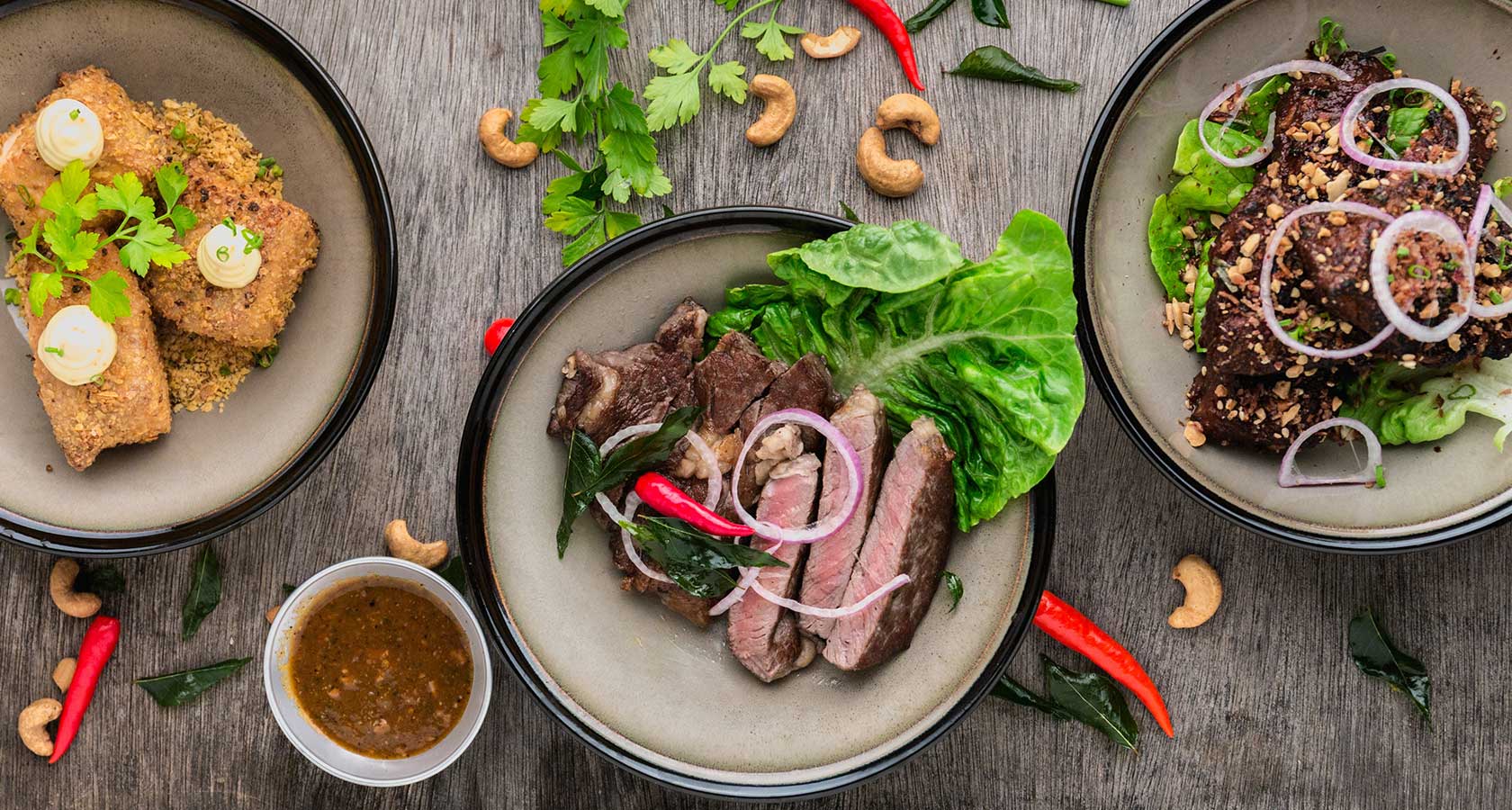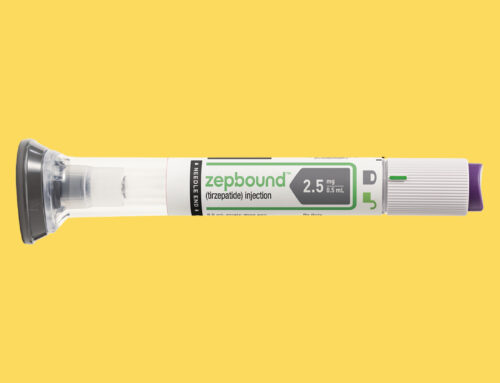What is a healthy diet? This is a question which can only be answered with caveats. A healthy diet for a person with diabetes, food allergies or celiac sprue is different than for someone without these ailments. The subject of this blog is a healthy diet for someone without a chronic disease which requires special dietary restrictions. This blog also isn’t about losing excess body weight. This information is about what a healthy, calorie balanced, content balanced, weight maintenance diet should contain.
Caloric balance is essential to maintaining a healthy weight. Overeating can lead to becoming overweight or obese. An extra 100 calories per day will cause a 10-pound weight gain in a year. Obesity is the most common diet-related health issue. Obesity is associated with increased mortality and increased risk for many health problems including heart disease, diabetes, and cancer. Regular self-monitoring of weight is the best strategy for judging energy balance.
Eat a balanced diet. Your body needs carbohydrates, protein, and fat every day. Carbohydrates are the main source of fuel for your body and are required for brain function. Every cell in your body contains a layer of fat which is essential for cell function. Proteins form our muscles, are involved in the transportation of hormones, essential nutrients, and other substances within our bodies. The recommended balance of macronutrients is 45-65% carbohydrates, 10-35% protein, and 20-35% fat.
We should avoid fad diets which exclude entire categories of healthy food. There are some nutrients, however, that we should try to exclude from our diet. We have no metabolic need for trans fats or sugar added foods, and there is ample evidence that consuming these substances increases the risk for chronic diseases which can shorten our lives. Trans fats are contained in many baked goods, margarine, and partially hydrogenated oil. Sugar-sweetened drinks are the most common sugar added food.
My next post will contain more specific information on healthy food choices for carbohydrates, fats, and proteins. Like most things in life, our choices matter and actions have consequences.
Written by H. Allen Chapman, PA-C
Physician Assistant – Certified
Alaska Premier Health






